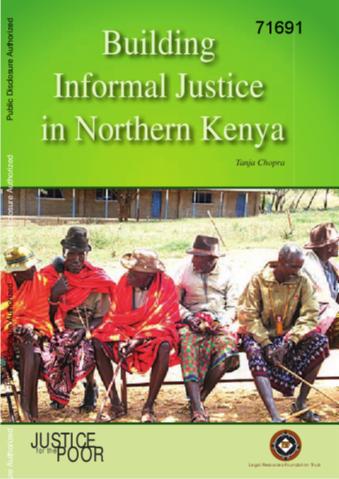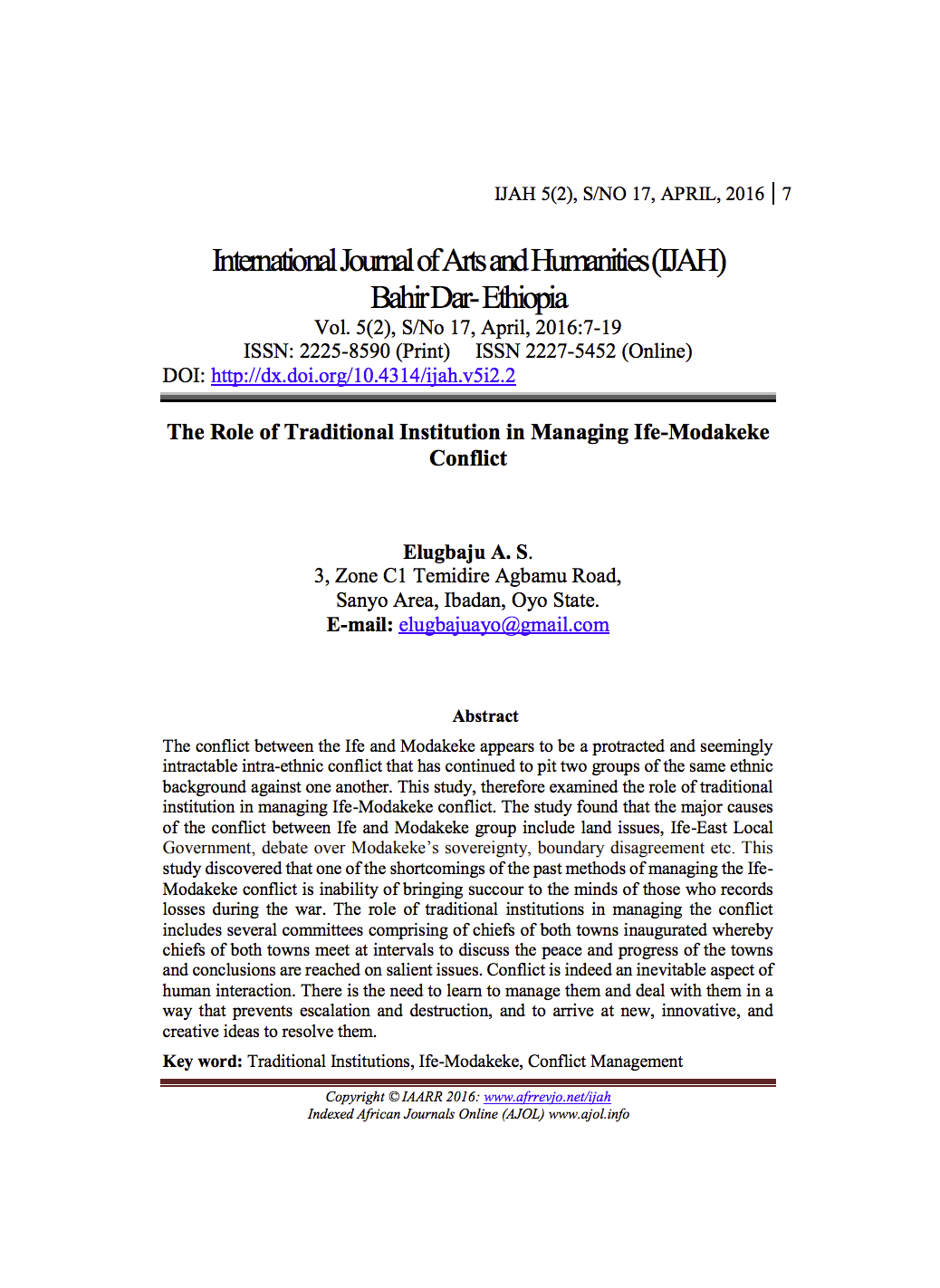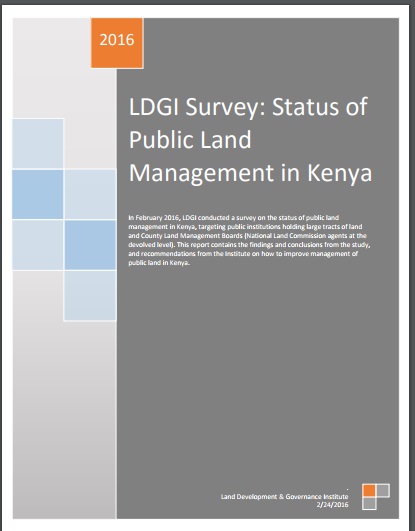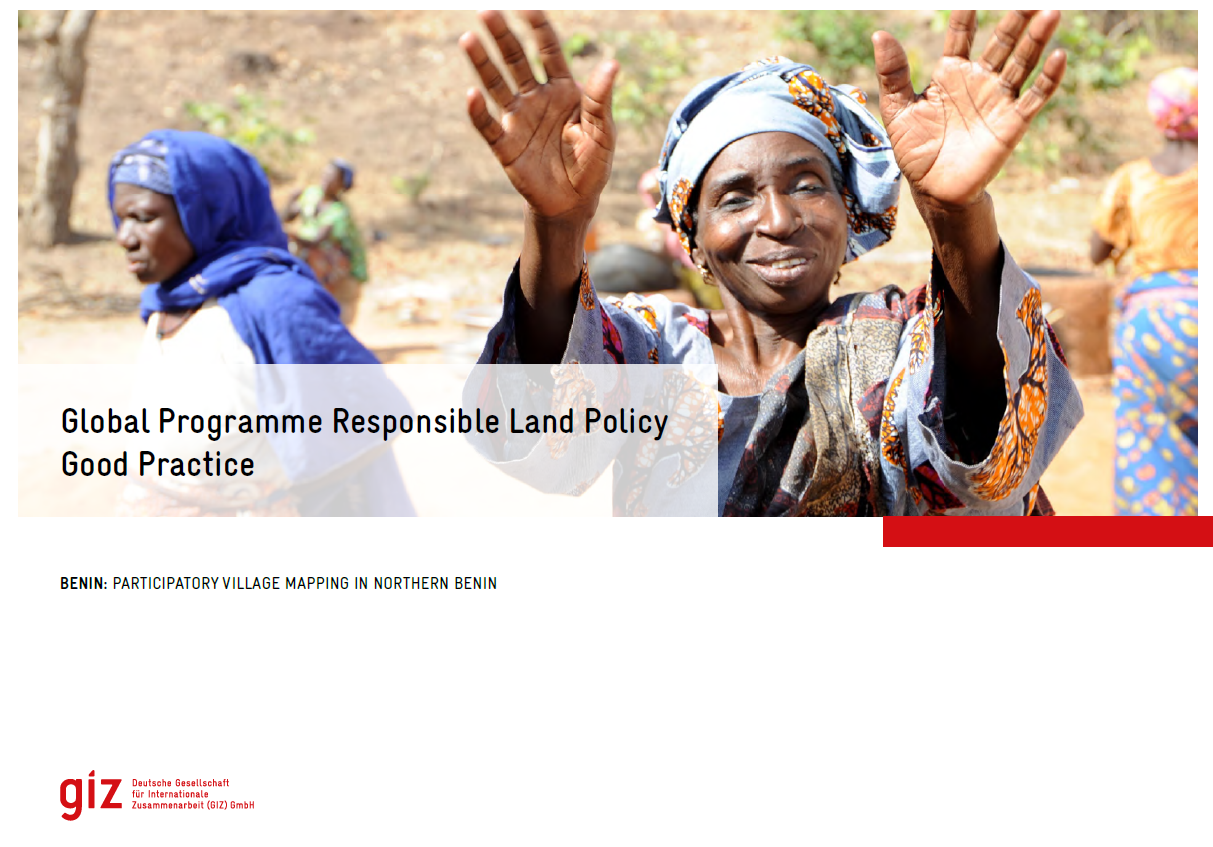Building Informal Justice in Northern Kenya
This report analyzes the conflict resolution mechanisms among pastoralist societies in northern Kenya who have a long history of conflict but were by and large not involved in recent hostilities. It is based on qualitative research data that was collected during field visits between July and November 2007 in three arid lands districts in Northern Kenya - Isiolo, Baringo/East Pokot and Garissa. Research areas were selected to gain insight into conflict and legal dynamics among a variety of ethnic groups and in differing ecological and political environments.











